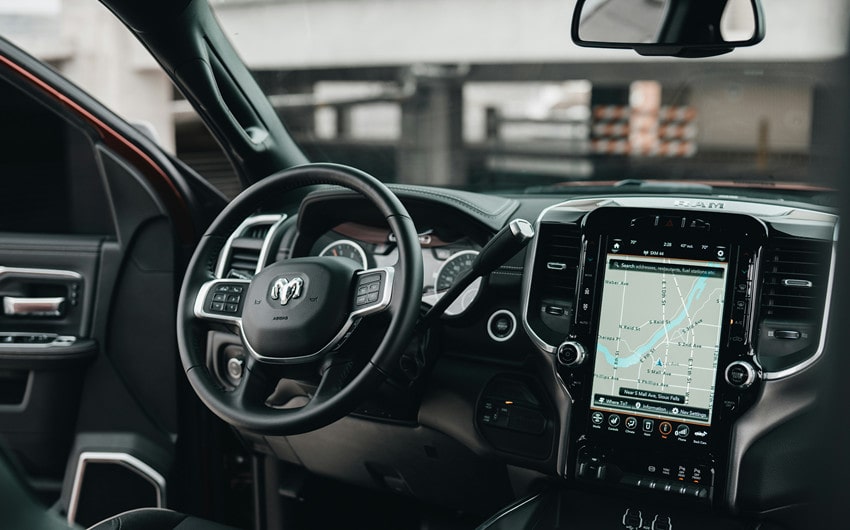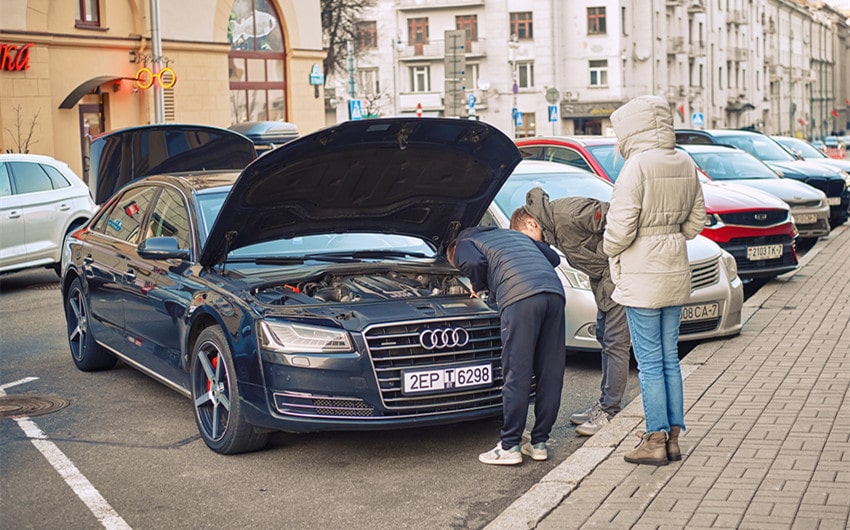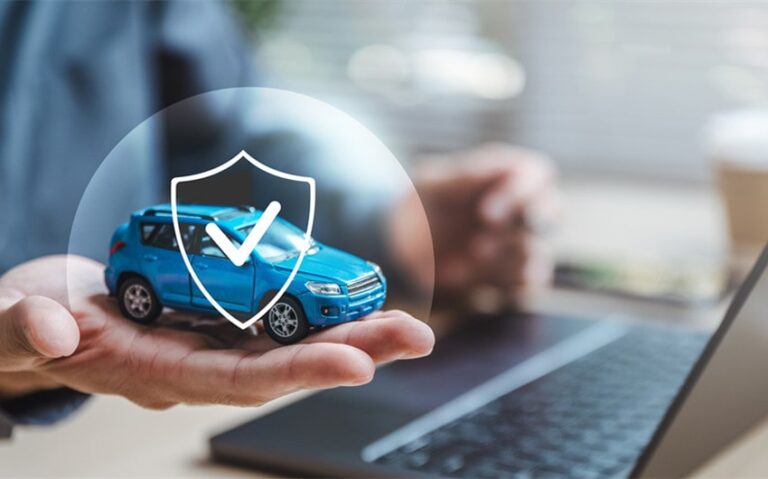140 Important Questions to Ask When Buying a Used Car
Buying a used car can be a smart way to save money, but it’s important to ensure you’re making the right choice. Asking the right questions will help you uncover potential issues and determine whether the car is worth your investment. There are key questions to ask when buying a used car that can give you a clearer picture of its history, condition, and long-term costs.
By approaching the purchase with the right information, you can avoid surprises and feel confident that you’re getting a reliable vehicle. Ready to dive into the must-ask questions? Let’s get started!
Questions About the Vehicle’s History
Knowing a car’s history is crucial when buying a used vehicle. It helps you understand its past use, any potential issues, and what kind of future performance you can expect. Here are some key questions to ask about the car’s history:
- Has the car ever been in an accident?
- How many previous owners has the car had?
- Do you have a vehicle history report, like Carfax or AutoCheck?
- Was the car regularly maintained by the previous owners?
- Are there any open recalls on the vehicle?
- Has the car ever been involved in a flood or other natural disaster?
- Was the car ever used as a rental or fleet vehicle?
- Has the vehicle ever been repossessed or salvaged?
- Have any major components, like the engine or transmission, been replaced?
- What is the car’s service history? Do you have the records?
- Has the car ever had any issues with the electrical system?
- Were the car’s airbags ever deployed in an accident?
- How old is the car’s battery, and has it ever been replaced?
- Has the vehicle passed all required emissions tests?
- Are the original manuals and paperwork still available?
- Has the vehicle ever been involved in any legal disputes, such as a title dispute or odometer fraud?
- Were there any aftermarket modifications made to the vehicle?
- Are there any known issues or recurring problems with this particular model?
- What was the reason for the previous owners selling the car?
- Did the previous owner use the car primarily for city or highway driving?

Questions About the Car’s Condition
Understanding the current condition of a used car is essential to avoid future problems and unexpected expenses. These questions will help you assess the vehicle’s state and uncover potential issues:
- Are there any mechanical issues with the car?
- Has the car been regularly serviced, and can you provide service records?
- When was the last oil change performed?
- How are the brakes—have they been recently replaced or serviced?
- Are there any signs of rust or corrosion on the body or undercarriage?
- How old are the tires, and are they evenly worn?
- Has the car been repainted, or is it in its original paintwork?
- Are there any fluid leaks (oil, coolant, etc.)?
- Does the air conditioning and heating system work properly?
- Are all the lights, both interior and exterior, functioning?
- How is the suspension—does the car ride smoothly or feel bumpy?
- Has the exhaust system been replaced or repaired recently?
- Is there any damage to the interior (seats, dashboard, or upholstery)?
- Are all the electrical components, like windows and mirrors, in working order?
- How is the battery’s condition, and when was it last replaced?
- Is there any water damage or mold inside the vehicle?
- Are there any unusual smells inside the car, like gasoline or mildew?
- Does the car have any unusual noises while idling or driving?
- Is the engine in good working condition without misfires or stalling?
- Are all the dashboard warning lights functioning properly, and are there any that remain on?
Questions About Ownership Costs
It’s important to understand the ongoing costs of owning a used car beyond the initial purchase price. These questions will help you assess the long-term expenses:
- How much does the car cost to insure, and are there any known insurance discounts for this model?
- What’s the estimated fuel efficiency (miles per gallon) of the vehicle?
- How often does the car need routine maintenance, like oil changes or tire rotations?
- What are the average costs for regular repairs and maintenance on this model?
- Are replacement parts for this model affordable and easily available?
- Does this car require premium fuel, or can it use regular gasoline?
- Are there any known expensive repairs typical for this make and model?
- How much are the annual registration and taxes for the car in your state?
- Does this model have a history of requiring frequent maintenance or repairs?
- Are the tires for this model costly or hard to find?
- How does the car’s mileage impact its current maintenance schedule?
- What is the expected lifespan of the engine or transmission?
- How does this car’s depreciation compare to other models in its class?
- Are there any expensive technological features that may need repairs soon?
- Does the car have advanced safety features that could be costly to repair?
- Are hybrid or electric versions of this car available, and how does that affect long-term costs?
- How does this model fare in terms of overall reliability and service costs?
- Are there common issues with this model that may lead to higher repair bills?
- What are the expected costs for future brake, tire, or suspension replacements?
- Will this car need any major maintenance (timing belt, battery, etc.) in the near future?
Questions About the Test Drive
A test drive is your chance to see how the car performs and feels on the road. These questions can guide you through the process and help spot potential issues:
- Can I take the car for a test drive in various conditions (city streets, highway, etc.)?
- How does the car handle when accelerating and decelerating?
- Is the steering responsive, or does it feel loose or tight?
- Are there any strange noises when turning the wheel or going over bumps?
- Does the car brake smoothly, or do the brakes feel spongy or unresponsive?
- How does the car handle at higher speeds—does it feel stable or shaky?
- Do the gears shift smoothly in both automatic and manual transmissions?
- Are there any vibrations or unusual movements when driving?
- How does the suspension handle rough or uneven roads?
- Does the car accelerate smoothly, or does it hesitate or jerk?
- How comfortable is the ride for both the driver and passengers?
- Does the engine make any knocking or ticking sounds during the drive?
- Are there any dashboard warning lights that come on during the test drive?
- How well do the air conditioning and heating work during the drive?
- Are there any unusual smells (burning, fuel, etc.) while driving?
- Does the car respond well to sudden braking or emergency stops?
- How easy is it to park and maneuver the car in tight spaces?
- Are there any rattling or squeaking sounds coming from the interior or exterior?
- How smooth is the transition when shifting gears in both automatic and manual?
- Does the car feel balanced and aligned, or does it pull to one side?

Questions About Warranties and Return Policies
Buying a used car often involves more risk, but warranties and return policies can provide some peace of mind. These questions help ensure you’re protected after the purchase:
- Is there an existing warranty on the car, and what does it cover?
- Can I purchase an extended warranty for this vehicle?
- Does the dealership or seller offer any in-house warranties?
- How long is the warranty valid, and are there mileage limits?
- Are there any parts or systems not covered by the warranty?
- If repairs are needed, is there a specific mechanic or repair shop required under the warranty?
- What is the deductible for any warranty-related repairs?
- Can I transfer the existing warranty to a new owner if I sell the car later?
- Does the warranty include roadside assistance or towing?
- Are there any additional fees for the extended warranty?
- Is there a return policy if I find issues with the car after purchase?
- How long do I have to return the car if I’m not satisfied?
- Are there any conditions for returning the vehicle, such as mileage or damage limits?
- What happens if I discover a major mechanical issue shortly after purchase?
- Does the seller offer any satisfaction guarantees?
- Can I have a mechanic inspect the car before finalizing the warranty?
- Does the warranty cover common repairs like brakes or tires?
- Are electronic systems (navigation, sensors, etc.) covered under the warranty?
- How soon after purchase can I claim the warranty if needed?
- Is the warranty valid nationwide, or only in specific regions?
Negotiating the Price
When buying a used car, the price is often negotiable. These questions help you understand what factors might influence the cost and how to get the best deal:
- Is the asking price negotiable?
- Can you explain how you arrived at this price?
- Are there any known issues with the car that could lower the price?
- Is there any flexibility in the price if I pay in cash?
- Can I get a better deal if I don’t trade in my old vehicle?
- Does the price include taxes, fees, and other costs?
- Can I get a discount if I purchase an extended warranty or other services?
- How does this price compare to similar vehicles in the area?
- Is the vehicle priced fairly based on its mileage and condition?
- Are there any dealer fees, and can they be reduced or waived?
- If I find a mechanic report showing issues, would you consider lowering the price?
- Can we adjust the price if the car needs repairs in the near future?
- Can I negotiate a lower price if I skip any cosmetic repairs before purchase?
- Will you throw in any extras (like new tires, free servicing, etc.) to sweeten the deal?
- Is the price negotiable based on the car’s trade-in value?
- How does the car’s price compare to its Kelley Blue Book value?
- What are the estimated resale and trade-in values for this model in the future?
- Can you offer a better deal if I buy a second vehicle or additional services?
- Would you consider matching a lower price from another seller or dealership?
- How much room do you have to negotiate on the price, and what’s your bottom line?
Final Checks Before Purchase
Before committing to buying a used car, these final checks ensure you’re fully informed and confident in your decision:
- Do you have the car’s title, and is it clear of liens?
- Can I take the car to an independent mechanic for a final inspection?
- Can you confirm the vehicle’s mileage is accurate and not tampered with?
- Are there any fees or additional costs I need to be aware of before signing?
- Does the car come with a spare tire, jack, and necessary tools?
- Are all keys and remotes for the vehicle included in the sale?
- Has the car passed a recent emissions test (if applicable)?
- Are all the original manuals and documents available?
- Can you provide me with a bill of sale detailing the terms of purchase?
- Is there a detailed record of any modifications or customizations made to the car?
- Have you verified that the Vehicle Identification Number (VIN) matches the title and records?
- Has the car been inspected by a certified mechanic within the past six months?
- Are there any recalls on the car that haven’t been addressed?
- Is the vehicle registration up to date, or will I need to handle that?
- Are the vehicle tags and inspection stickers current?
- Can you confirm that all fees (registration, taxes, etc.) are covered in the sale price?
- Does the car have a clean title, or has it been salvaged?
- Is the vehicle being sold “as-is,” or are there any guarantees in writing?
- Can I test all the car’s features (windows, seats, radio, etc.) one more time before purchase?
- Is there any additional paperwork I need to review before finalizing the deal?







